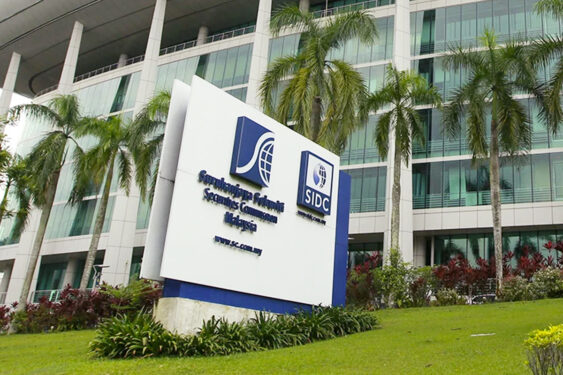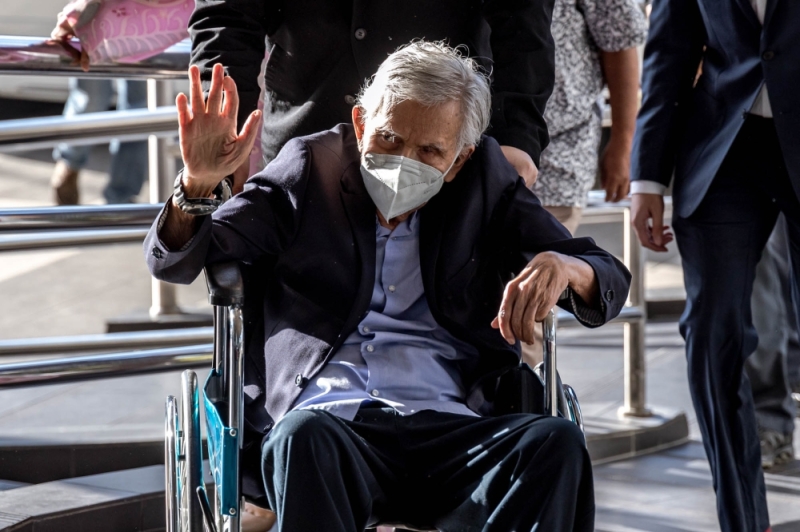A dissenting opinion does not give grounds for a retrial nor does it establish a right to a further review under Rule 137 of the Rules of the Federal Court 1995, said the Malaysian Bar.
Bar president Karen Cheah said any dissenting judgment in the Court of Appeal and the Federal Court amounts to nothing more than a difference of opinion, and the public must be cognisant that it is the majority decision that ultimately triumphs and prevails.
She was referring to a majority 4-1 decision by the Federal Court last Friday (March 31) to dismissed Datuk Seri Najib Razak’s application for leave to review his SRC International case.
Justices Datuk Vernon Ong, Datuk Rhodzariah Bujang, Datuk Nordin Hassan and Datuk Abu Bakar Jais dismissed the former prime minister’s motion.
Chief Judge of Sabah and Sarawak Datuk Abdul Rahman Sebli, who chaired the panel hearing the application, was the sole dissenting judge.
“It cannot be overstated that any other interpretation would be perverse and an abuse of the court process,” Cheah said in a statement last night.
“As such, ongoing attempts to exploit a minority judgment to confuse the public on the existing, well-founded legal principles of our justice system only goes towards blank shots to undermine the faith placed by all of us in the judiciary as our revered institution.”
Stressing that there must be finality to litigation, Cheah said a difference of opinion or judgment by a minority judge “cannot prevail over the majority judgment”.
“A difference of opinion is acceptable in the context of a litigation system, and within our administration of justice, but there must be a structure that leads towards finality of litigation, hence the majority decision will prevail,” she added.
“If all it takes is for one dissenting judgment to give rise to the possibility of a fresh review upon an already decided judicial review, then there will be no end to litigation.”
She said it will also open the doors for lawyers and judges being susceptible to ‘unsavoury strategy’ or ‘outside influence’ just to cause a situation of a fresh review to frustrate the course of justice.
At this point, Najib’s SRC International case has been decided by a High Court, upheld by the Court of Appeal and the Federal Court, and then reviewed by a different set of Federal Court judges upon his appeal.
This clearly indicates that there are valid and lawful grounds for Najib’s conviction in the SRC International case, Cheah noted.
“It should be well rested now that Najib’s SRC International case is res judicata, which simply means that the matter has been adjudicated by competent courts and therefore may not be pursued further by the same parties,” she added.
On July 28, 2020, Najib was sentenced to 12 years imprisonment and an RM210 mil fine for abuse of power, money laundering and criminal breach of trust (CBT) over SRC funds amounting to RM42 mil.
Najib began his 12-year prison term on Aug 23, 2022, immediately after the Federal Court upheld the original conviction and sentence.
The latest ruling by the Federal Court means that the former prime minister will remain behind bars unless he secures a royal pardon from the Yang di-Pertuan Agong. – April 4, 2023
Main pic credit: The Star










